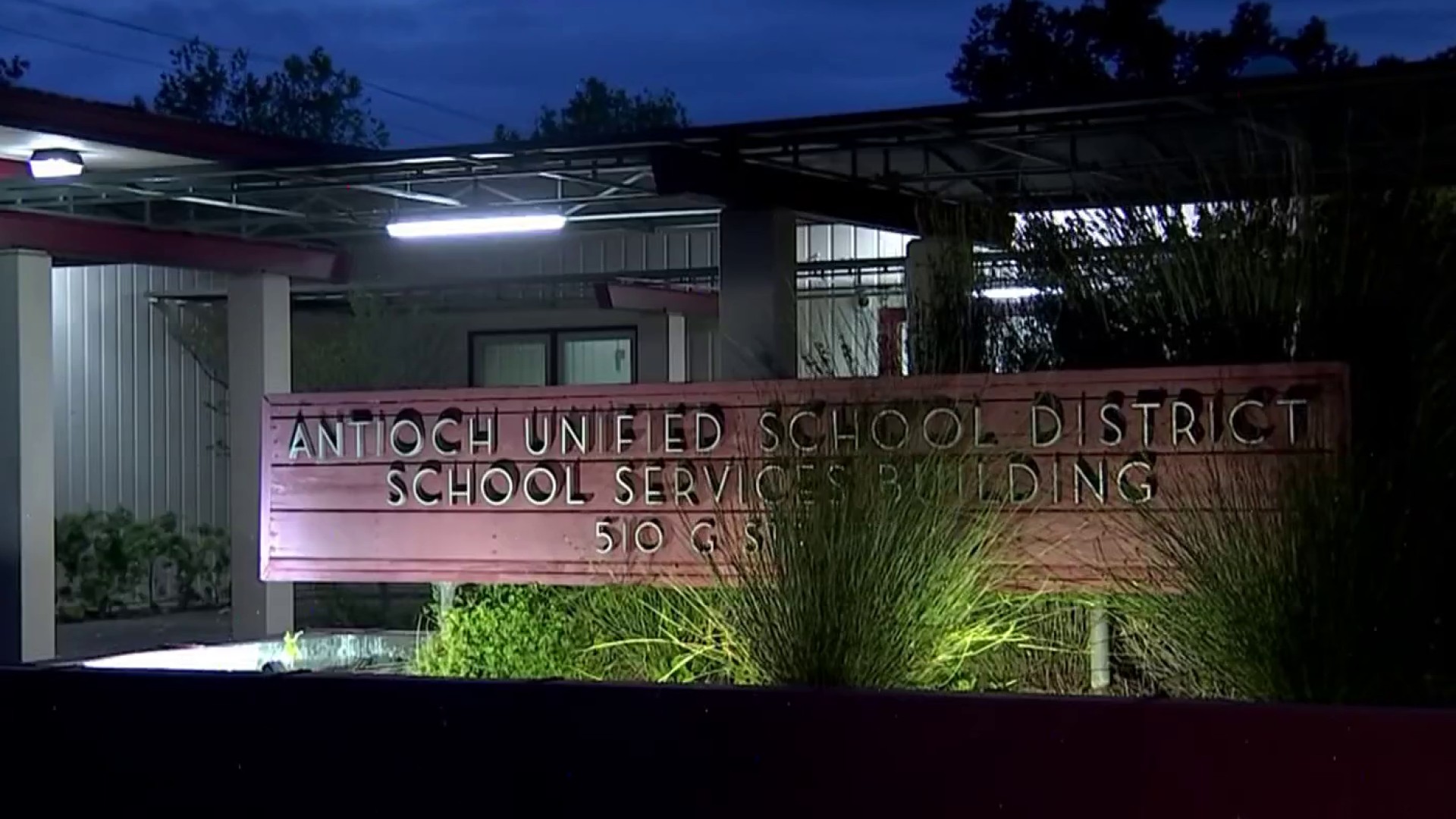
Measures R and Y -- two opposing measures that address density limits, height limits, and inclusionary housing policies in the city of San Mateo's general plan -- have not yet reached the majority of votes needed for either to pass.
Unofficial election results released by San Mateo County at 1:30 a.m. Wednesday show that Measure Y had 49 percent yes votes while Measure R had 47 percent yes votes, less than the majority required for either to pass.
Results will be updated on Thursday at 4:30 p.m., and those may be different from the final count on election night, as there are still ballots left to count.
If Measure Y passes, it would extend existing density and height limits throughout the city until 2030 and prevents developers from opting out of the inclusionary housing requirement to provide at least 10 percent affordable housing units -- that is, below market rate (BMR) units.
Measure Y supporters include a coalition of residents, former planning commissioners and a number of neighborhood associations. They say that Y will allow for balanced growth in the city, prevent high-rises and support affordable housing by removing alternative options to the inclusionary housing policy.
If Measure R passes, it would also extend current height and density limits through 2030 with some exceptions: it would allow the City Council to increase limits in designated areas near the Downtown, Hayward Park and Hillsdale Caltrain stations. Measure R would also allow alternatives to the inclusionary housing policy, such as in-lieu fees or off-site construction.
Measure R supporters include the Housing Leadership Council of San Mateo County, a number of housing developers and a variety of nonprofits and other organizations. Measure R supporters argue that current density an height limits are not sufficient to meet the need for affordable housing, and that R will allow for smart growth near transit, allowing residents to maximize the use of public transit.
Local
If both measures end up passing, the measure with the most yes
votes will take effect.
Currently, San Mateo's Measure P dictates density and heigh limits. Building heights are limited to 55 feet (about five stories), and to 75 feet (about seven stories) in special cases. Residential projects are limited to 50 units per acre. Measure P is set to expire at the end of 2020.
If neither R or Y passes, without another measure in place, the City Council would go through the process of updating its general plan to amend density and height limits and inclusionary housing policies. The general plan update process is expected to be complete in 2023.




